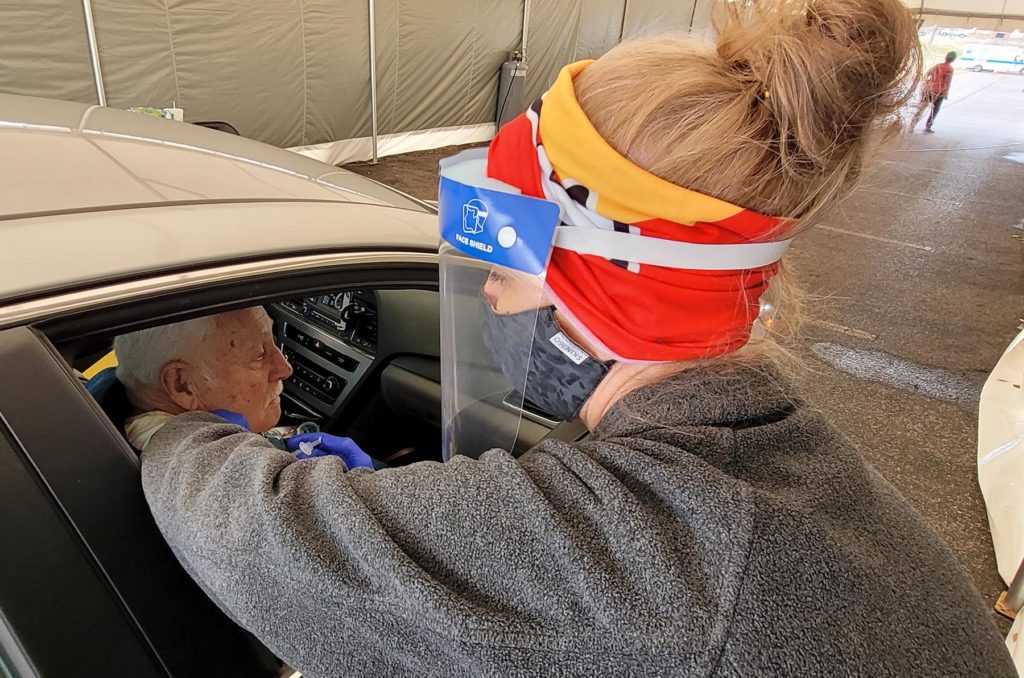
Tennessee is facing a health worker shortage. And now, professors and teachers from Nashville schools are looking to some novel solutions.
The state was short more than 15,000 registered nurses in 2021, according to research commissioned by the Tennessee Hospital Association. That year, Tennessee also had a shortage of respiratory therapists, emergency workers to staff ambulances and lab workers.
One possible part of the solution could be plugging more high school students into the education pipeline and more collaborations between the area’s universities. But, experts say, it will also take coming to terms with how economic struggles are putting barriers between Tennesseans and possible health careers before students graduate.
“They will get to their final semester and sometimes just have to stop because they don’t have the finances to complete their education,” Dr. Brenda Batts, a Tennessee State University professor and intern coordinator, said during an event this week. “If you have to choose between: Am I going to go to school as a single parent, or am I going to feed my family? We all know the answer to that.”
These economic realities can also prevent people from starting their health education in the first place.
“People are reluctant to go back to school,” Dr. Peggy Valentine, the vice president of allied health education at Vanderbilt University Medical Center said during the event. “They’re going to take out a lot of debt. People are living with life situations where they don’t want to use the precious resource they have sometimes — to go to school, to pay tuition, buy books — when their children need support. And we know here in Nashville it costs a lot of money to put a child in daycare. Those real-life situations oftentimes will come first before education. So the programs that we have established are geared to those trainees who want to go back to school but don’t have the resources.”
Support can be in the form of tuition waivers and stipends for expenses. And she and the other experts have said this is the kind of innovative support Tennessee has to offer if it’s going to address its health worker shortage.
Speakers from Vanderbilt University Medical Center, Tennessee State University, Nashville State Community College and Nashville Public Schools held a live chat this week to dive into the issue. To hear more of that conversation, listen this installment of Vanderbilt’s Discoveries in Science.

